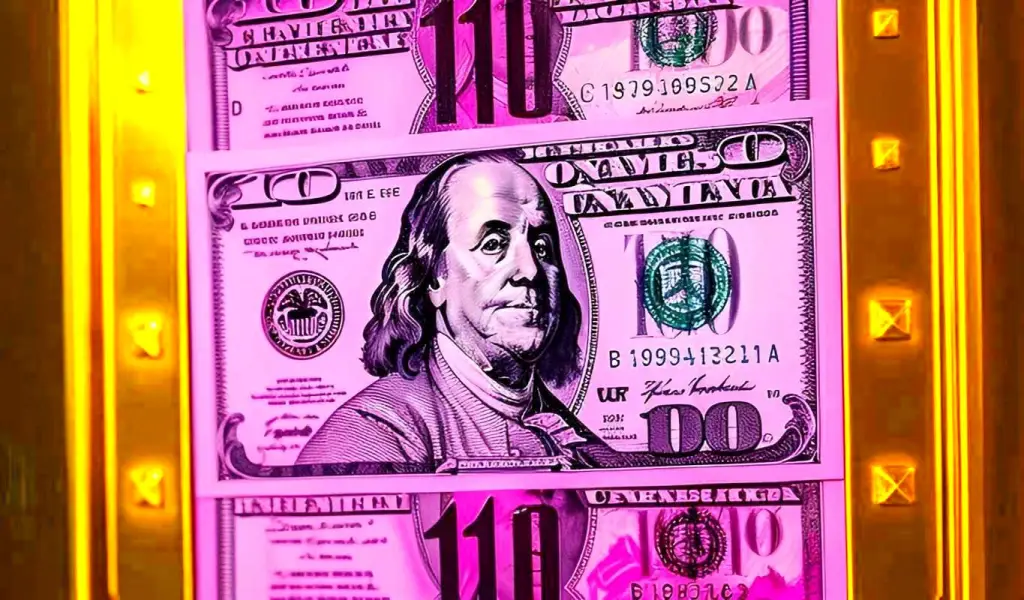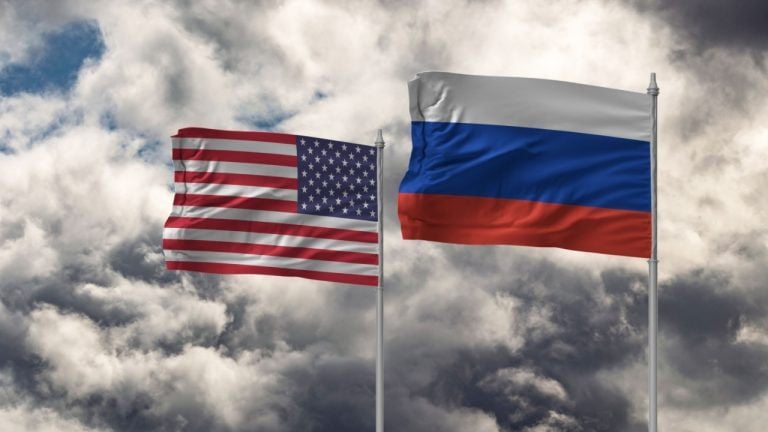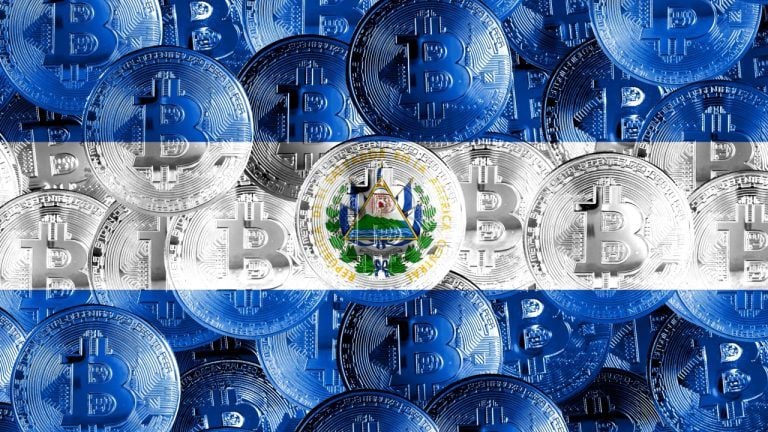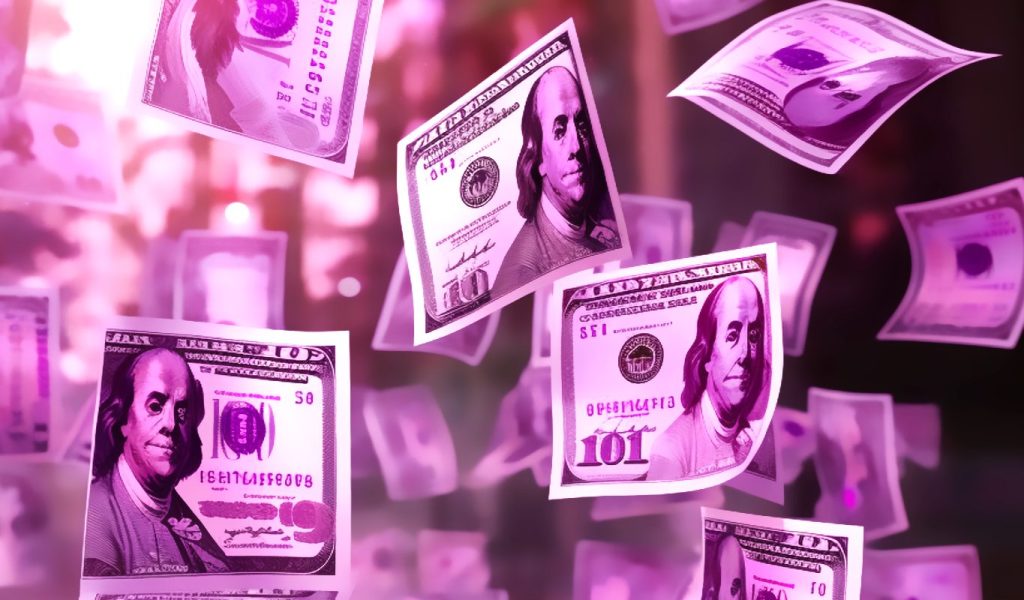
Market makers in the crypto industry: party planners or bartenders?

In the crypto economy “party”, market makers are the dancefloor, the logistics team, the bartenders and all the bars that traders and participants can attend.
What is a market maker, and how do they differ in the crypto and traditional finance markets? At the European Blockchain Conference in Barcelona, Cointelegraph discussed the topic with key market makers in the crypto industry on one of the conference’s first panels.
Cointelegraph reporter Joseph Hall drew up the analogy that crypto market makers are much like cool bartenders at a very high-tech and unashamedly nerdy cocktail party. Their job is to keep the drinks flowing, i.e., provide liquidity and ensure everyone’s having a good time while maintaining order in the market.
Cointelegraph’s @JoeNakamoto hosting the “Why Market Making is Key for a Crypto Market Recovery” panel at the European Blockchain Convention where he so eloquently described what a market maker is pic.twitter.com/3EoJnNXLyU
— Cointelegraph (@Cointelegraph) February 16, 2023
That means they secretly hope that no one gets too drunk, makes a fool of themselves and ruins everything. Ultimately, market makers are there to manage risk and make sure the bouncers kick out the likes of Sam Bankman-Fried and other bad actors.
In essence, crypto market makers are the ultimate party planners, but instead of balloons, cake and a banging Spotify playlist, they use leverage algorithms and order books. Head of Commercial Strategy at a large crypto market maker, Stef Wynendaele, suggested that “It’s a great definition, but it implies too much power to what a market maker does.”
“We’re actually the dance floor. We’re actually the music. We’re there to support, you know, the party. We’re there at all times. We’re there at 9 p.m. and we’re there at 5 a.m. in the morning.”
Wynendaele suggested that market makers are the foundations of a thriving crypto economy and that they’re not in fact “the bartender who controls who drinks or not.”

For Patrick Heusser, Chief Commercial Officer at Crypto Finance, the bartender analogy works well. However, “Someone has to do the logistics,” he explained. “Someone has to make sure there is enough beer in the back and stuff for the drinks–and market infrastructure is super important for market makers.”
“Otherwise, you just have fancy flashing price screens, and if you can’t settle or if you’re not comfortable with settling certain trades with certain counterparties, the marketplace is not as attractive as it should be.”
So if the crypto economy was a party, the market makers could be the dance floor, the music, and the logistics.
Guilhem Chaumount, CEO of market makers Flowdesk based in France, explained that we also must keep in mind that in the crypto space, “it’s there’s not one bar, it’s dozens of bars. Some of them are centralized or decentralized. They are open 24/7, 365. You have so many cocktails, 20,000 cocktails available. You don’t know what’s in them.”

On top of that, “The prices are not in U.S. dollars or euro and Bitcoin (BTC) and whatever crypto,” underlining the distinction between traditional finance market making and crypto market making.
For traditional finance, Chaumont explained, it’s mostly “proprietary trading firms operating off their balance sheet, trying to generate profit and loss”. Whereas in crypto, there is a more technological approach because the assets are infinitely harder to price.
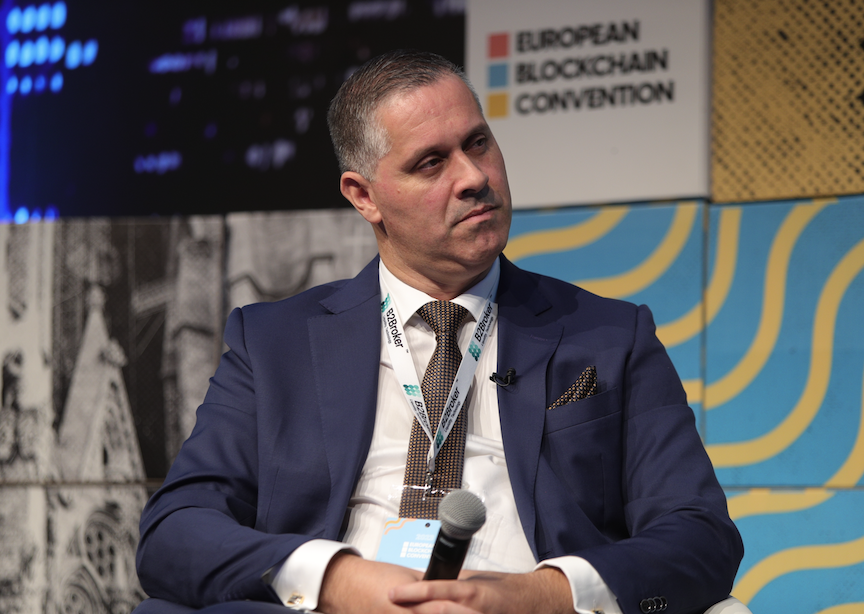
Following an extensive career in traditional finance, John Murillo, a chief dealing officer at B2Broker, explained that the way in which brokers pick market makers remains the same: “You just choose which party to attend because everyone has a party.”
“Our approach on crypto makers is no different than it was in my old days, where you assess counterparties, where you pick and choose who you want to connect and integrate. I think that’s the key to creating a reliable solution.”
In all, Chaumant summed up that market makers carry a “huge responsibility.” He shared that while Bitcoin (BTC) might have recently reclaimed $25,000, The industry will not recover without the aid and assistance of market makers.
Go to Source
Author: Joseph Hall
